A data logger is an electrical gadget or computer software that continually logs information using an internal or external instrument. Data loggers often resemble a compact, portable box with batteries, wires, internal memory storage, sensors, and a programmable module. They are based on digital processors. Read More…
CAS DataLoggers is a B-2-B distributor of data loggers and data acquisition systems required by industries in need of data collection, monitoring and control of environmental, production, process and quality control variables. From more than 18 manufacturers, we offer high-speed, high-accuracy data acquisition systems that can record temperature, force/strain, flow, voltage, vibration and more....
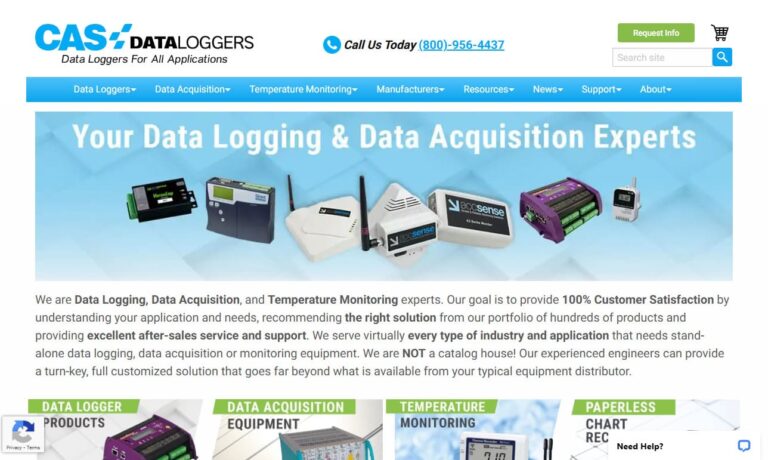
At Oil-Air Products, we are dedicated to delivering advanced hydraulic and pneumatic solutions that help our customers achieve greater control, efficiency, and performance in their systems. A key part of that mission is our expertise in Data Acquisition Systems, which allow us to capture, monitor, and analyze critical information from fluid power applications.
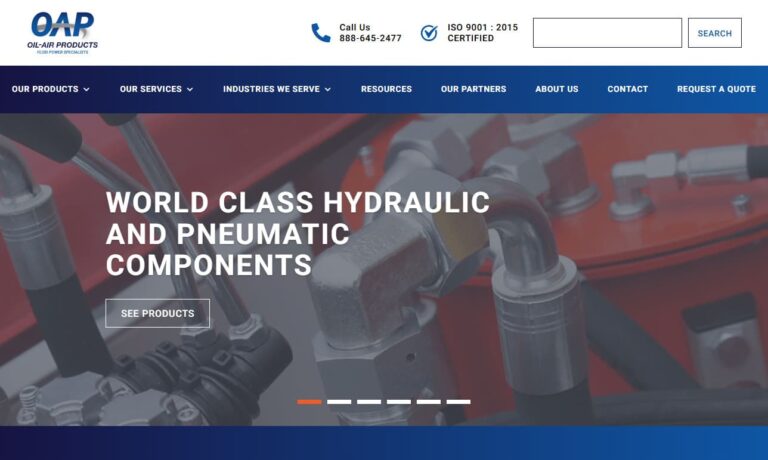
When it comes to data acquisition and control for the distribution and manufacturing industries, we can help. We are systems integrators who understand data acquisition software and data recorder functions-inventory control (raw material, finished goods), tracking (print job, work order, tool room) and more.

More Data Logger Manufacturers

Working Principle of Data Loggers
Data loggers use microprocessors, internal memories, and sensors to gather data. Data loggers can be used as standalone devices with an interface or connect wirelessly to a device. One can use software to monitor and analyze the acquired data.
Unlike other data-gathering devices, data loggers benefit from being computer-independent. Data loggers come in a variety of sizes and styles. The variety covers everything from simple, affordable single-channel fixed-function recorders to robust, programmable devices.
Types of Data Loggers
-
Temperature data logger: Temperature indicators are crucial for supply chain maintenance. A temperature data logger keeps track of product temperatures throughout shipping and handling processes. The logger will send notifications for temperature-related incidents. This enables action to be taken before potential product damage. These data loggers frequently acquire temperature data from various field circumstances and track shipments in cold supply chains.

-
Wireless data logger: Wireless data recorders are the best option for continuous, real-time monitoring. Wireless data loggers may be used from any web-enabled device anywhere. They feature a customizable alarm system and immediate access to real-time recorded data. A wireless data logger is the best option for on-demand data maintenance because it doesn't require additional gear. It is one of the most adaptable logging devices on the market and can handle different applications.

- Humidity data loggers: Humidity data recorders are frequently used in temperature-sensitive settings, including calibration rooms, warehouses, greenhouses, attics, basements, and homes, alongside temperature data loggers. These data recorders have sensors that measure the humidity levels in the surroundings and send instant notifications if anything is out of the ordinary.
- Pressure data logger: Pressure data loggers measure liquid or gas pressure. They may also record other features, like fluid and gas flow, water levels, altitude, and speed. A pressure data logger may measure gage and absolute pressure, as well as bridge input for strain or load measurement, depending on the surroundings. Some data loggers have built-in accelerometers that capture information about tri-axial shocks.
- Vibration data logger: Vibration data loggers (or shock data loggers) are used to measure and document shocks and vibrations. Digital data is typically presented as time and acceleration. These recorders capture recordings for later review and analysis. Vibration data loggers include sensors, accelerometers, a processor, storage, and a power source. Additionally, they can track when vibrations cross specific thresholds.
- Resistance temperature detector (RTD) data logger: An RTD data logger is a sensor that measures temperature. It consists of a length of platinum, nickel, or copper wire. A glass or ceramic core is encircled by the wire, which enables an accurate reading of the resistance/temperature. RTD data loggers are delicate pieces of machinery that are frequently shielded by probes.
Applications of Data Loggers
- Data loggers are used to monitor tunnels for safety reasons. They help predict potential structural issues.
- Data loggers monitor the structural health of existing structures to analyze the impact of nearby excavation or construction. In an emergency, data loggers generate a prompt warning so the user can take preventive action.
- Data loggers can monitor landslides to prevent accidents and generate warnings to prevent loss of life and property.
Choosing the Proper Data Loggers Company
To make sure you have the most productive outcome when purchasing Data Loggers from a Data Loggers Company, it is important to compare at least 5 Manufacturers using our list of Data Loggers companies. Each Data Loggers Supplier has a business profile page that highlights their areas of experience and capabilities and a contact form to directly communicate with the manufacturer for more information or request a quote. Review each Data Loggers business website using our proprietary website previewer to get an idea of what each company specializes in, and then use our simple RFQ form to contact multiple Data Loggers companies with the same message.

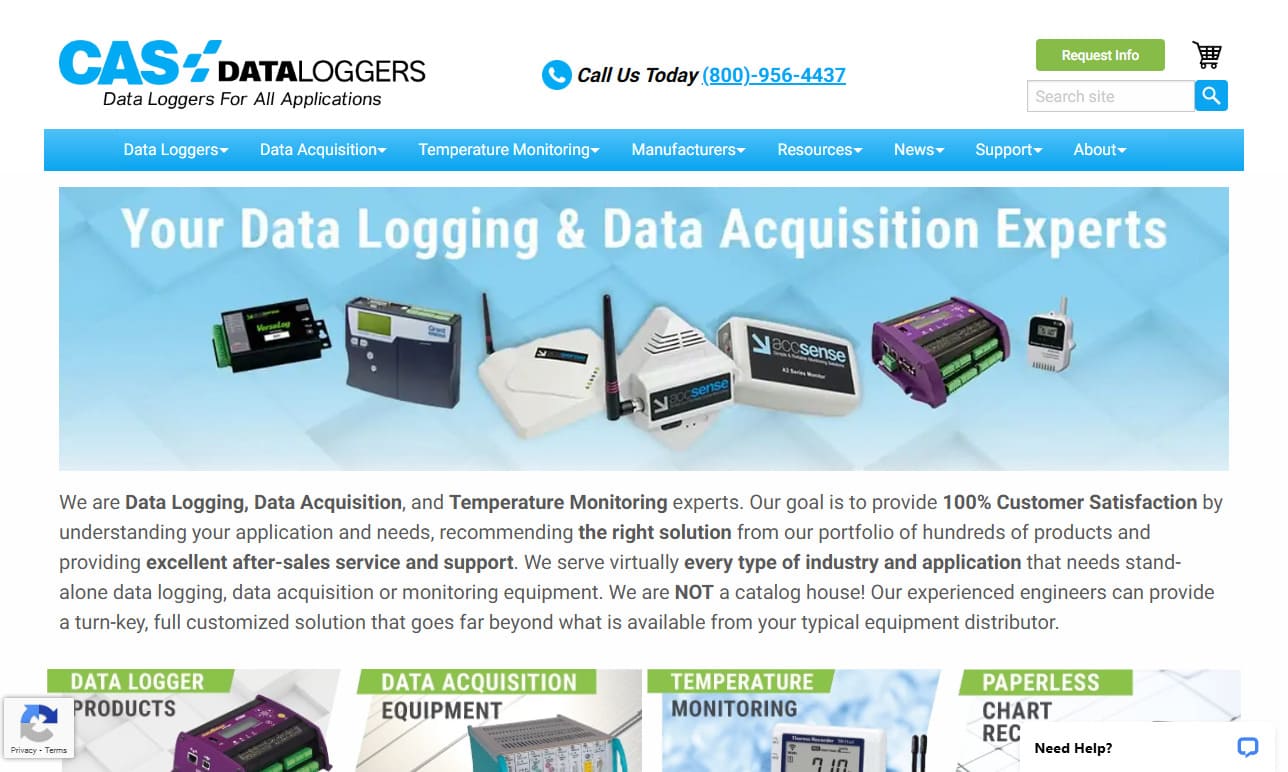
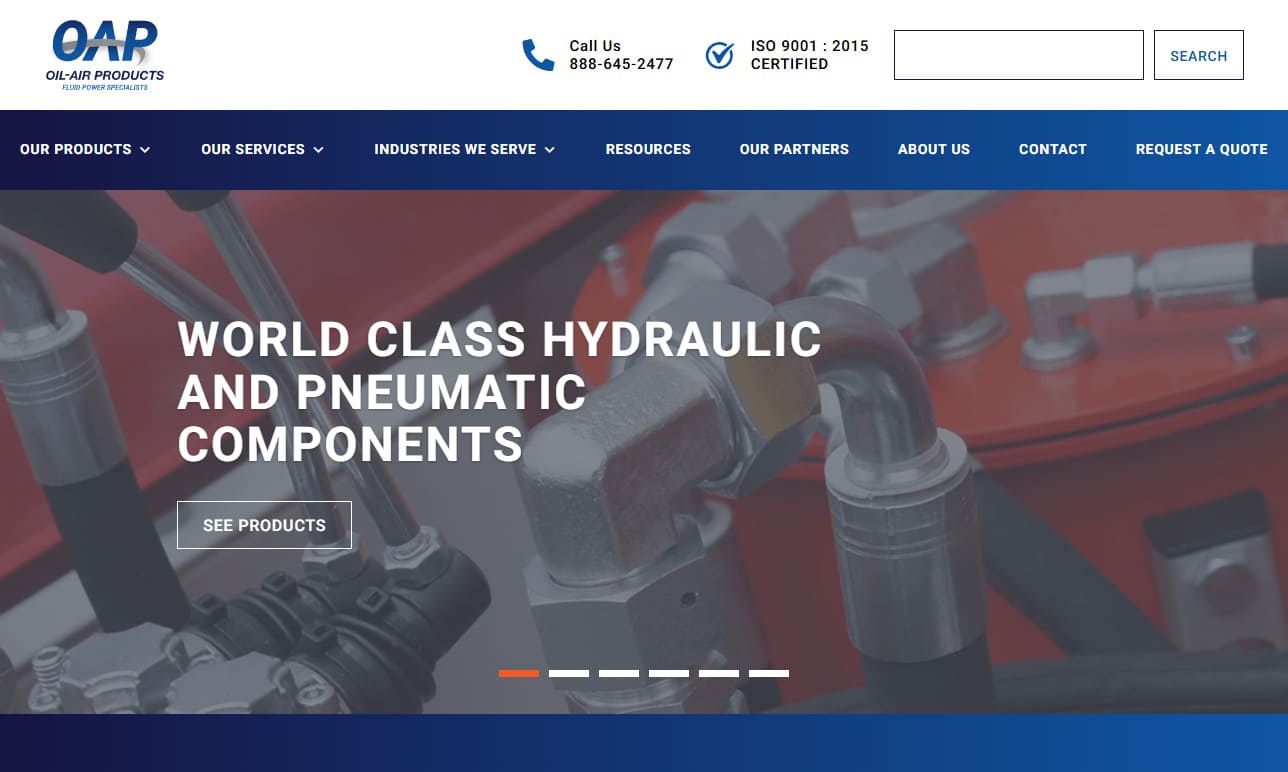
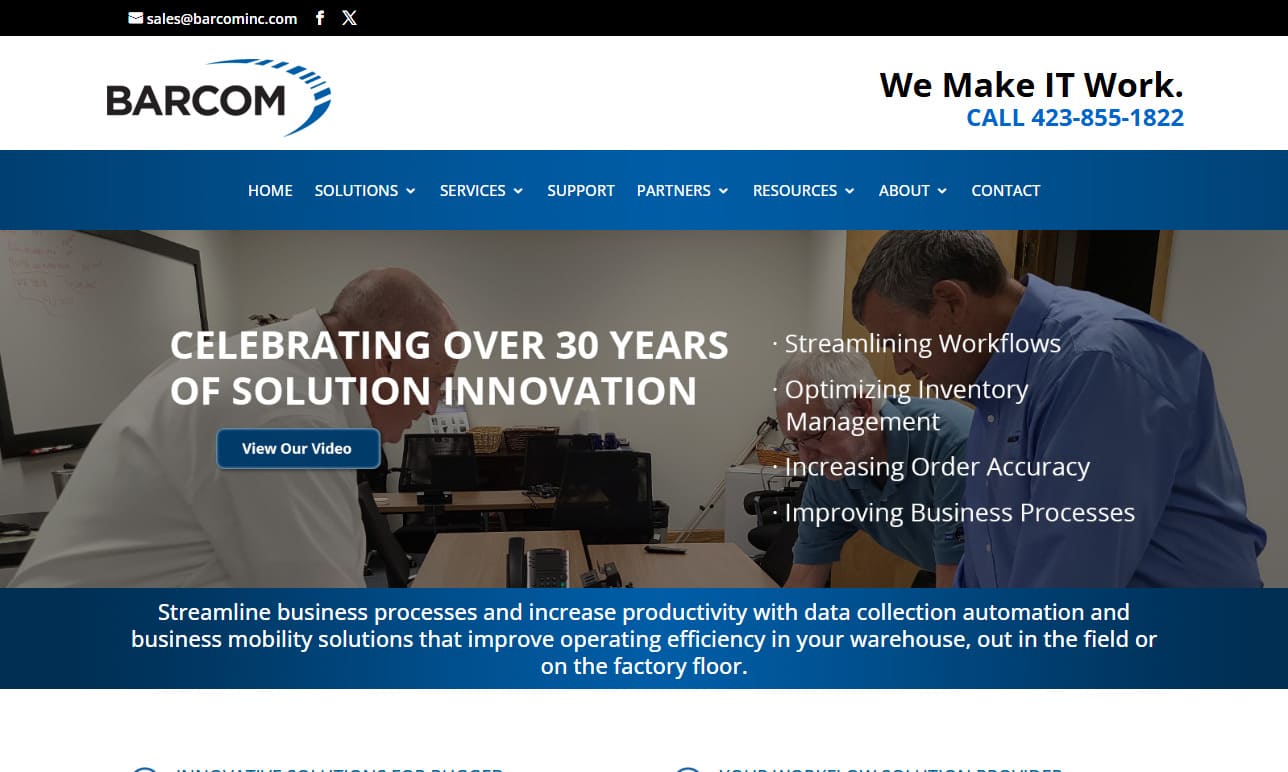
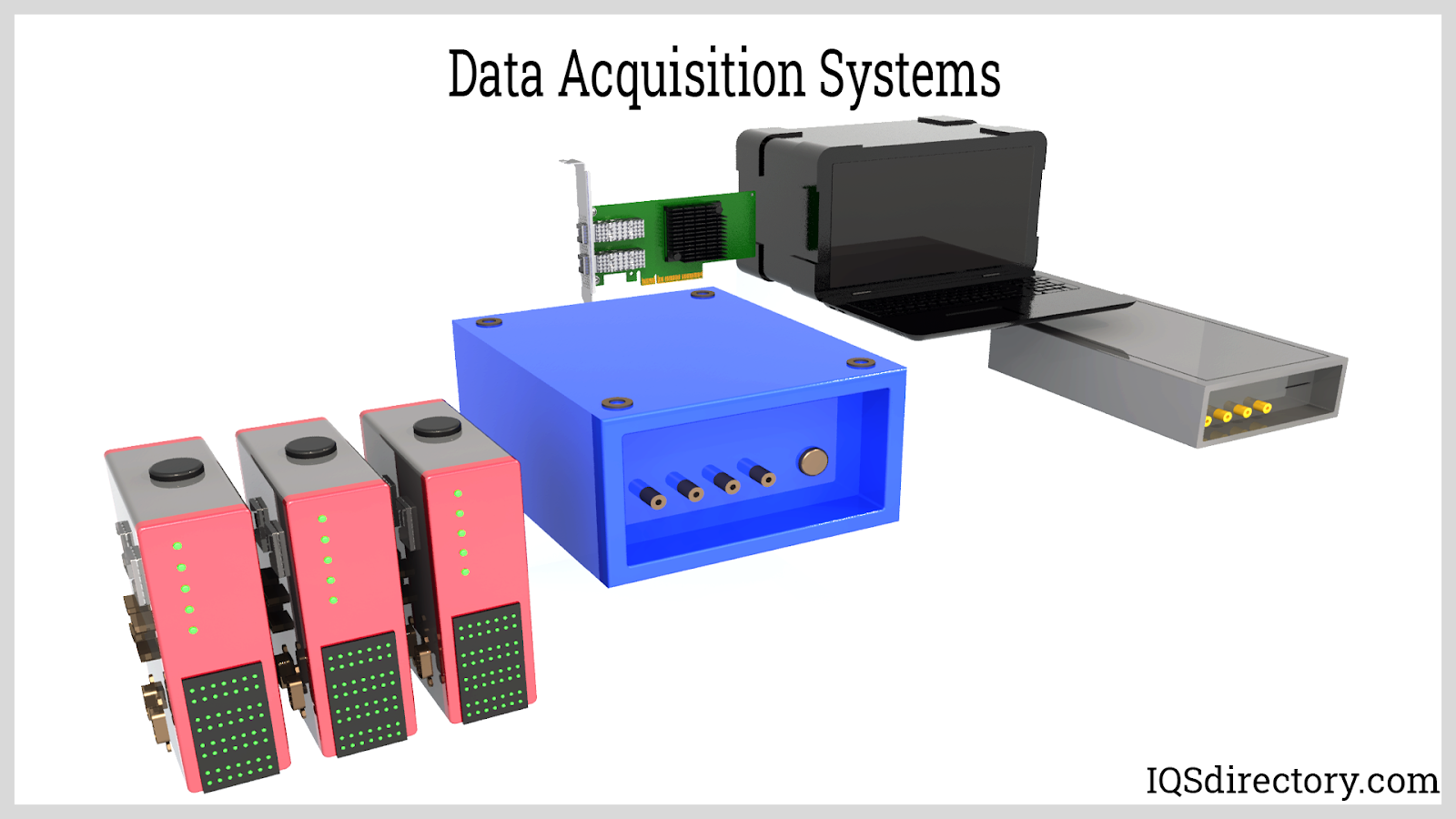
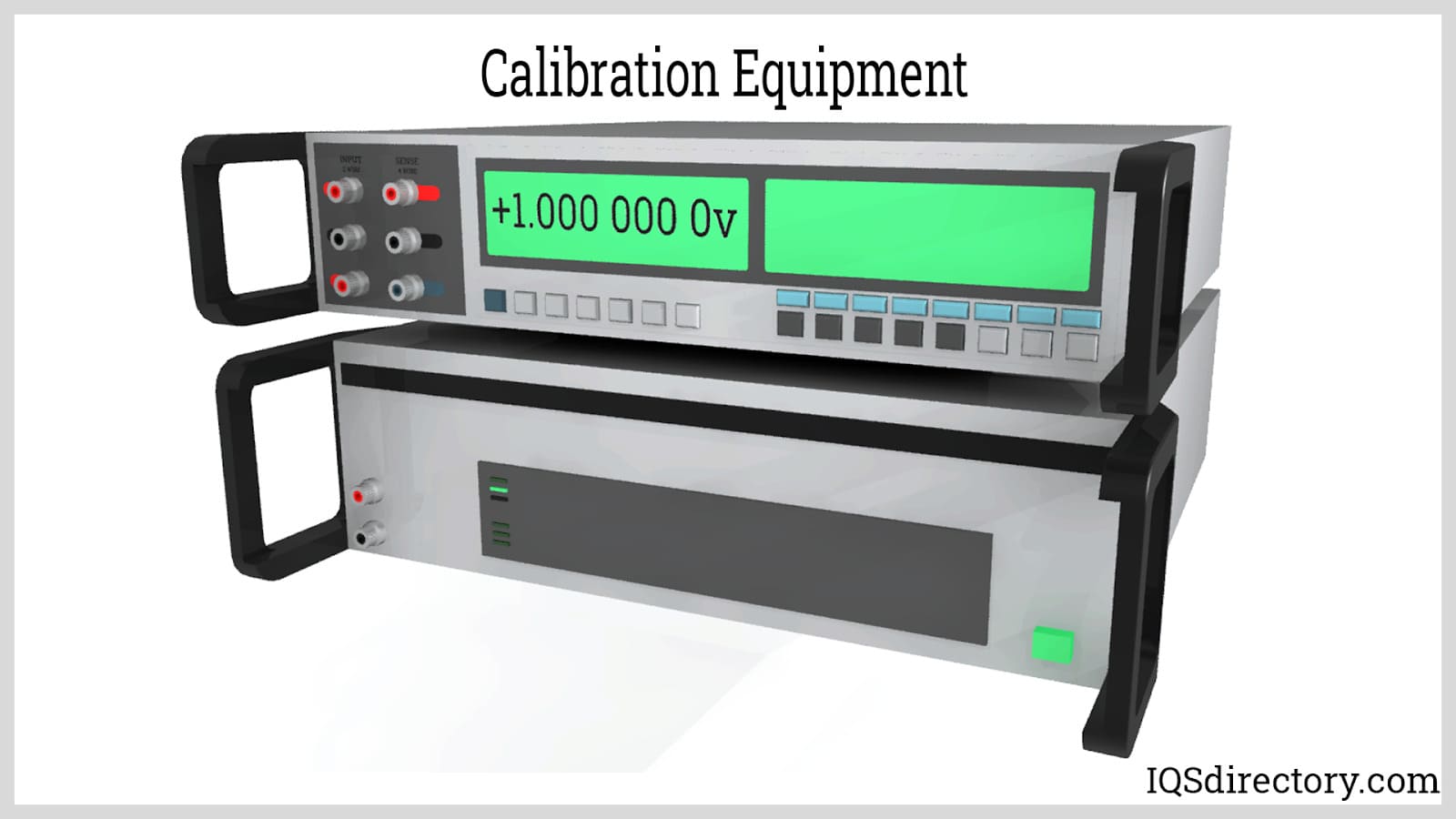
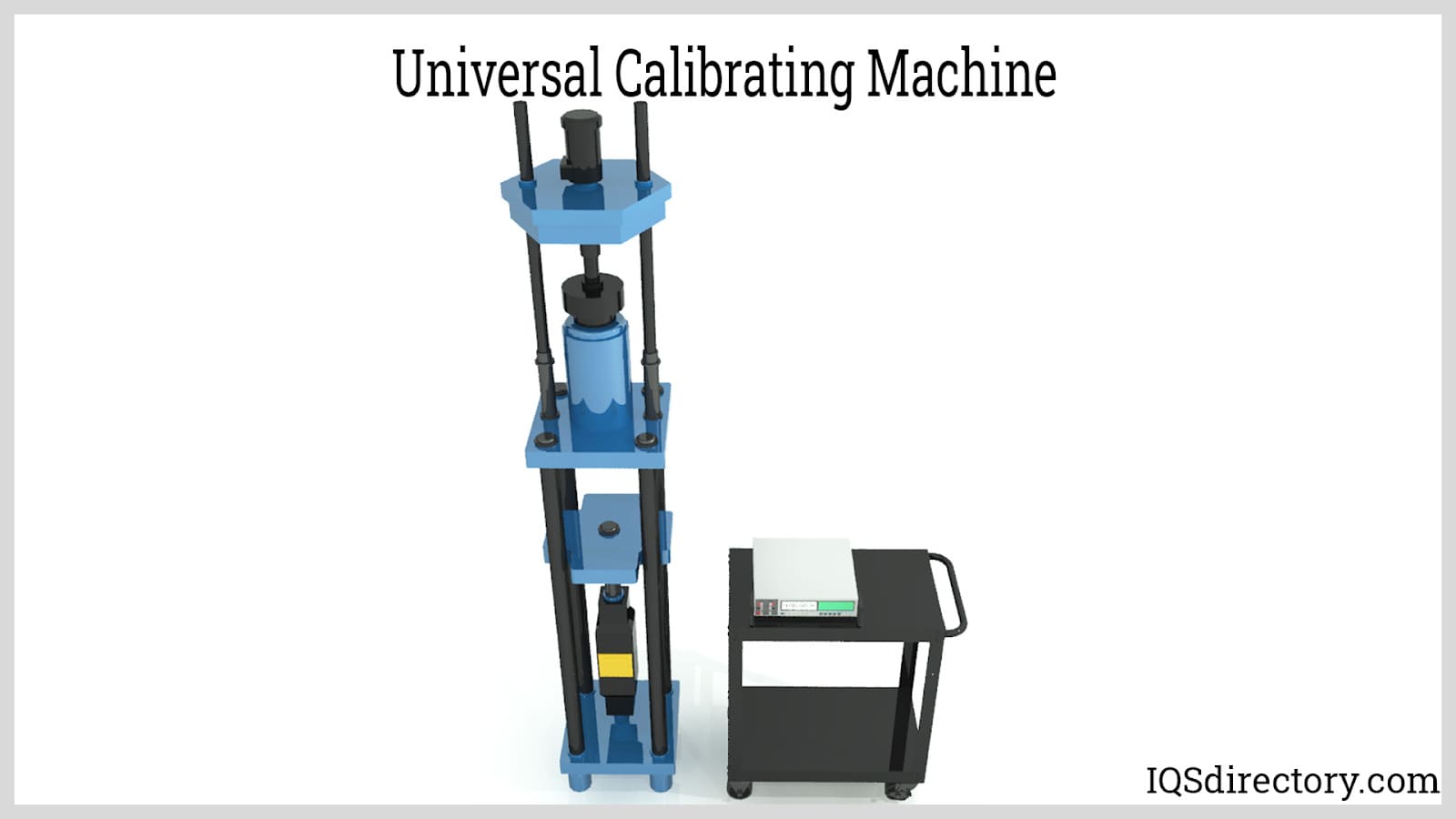
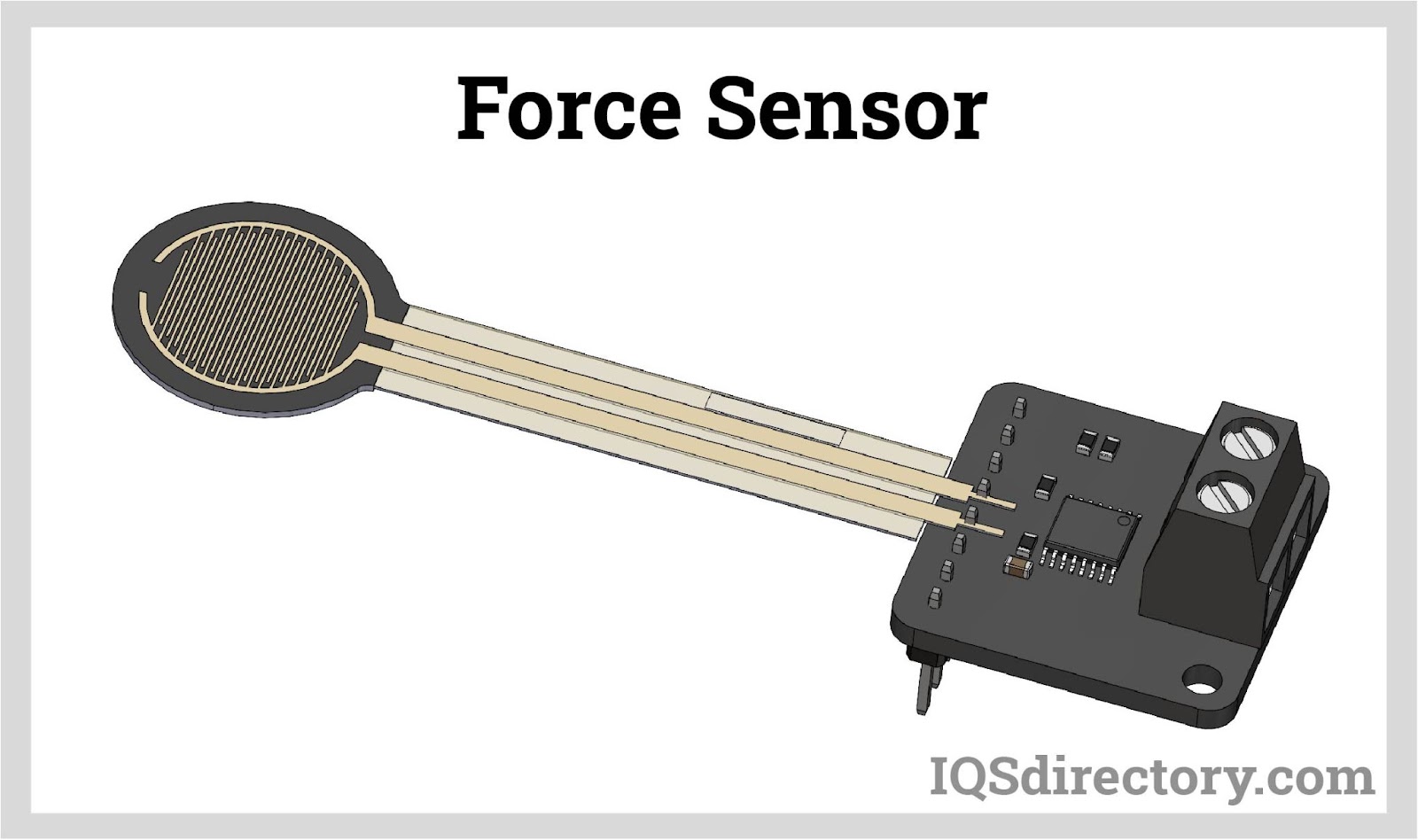
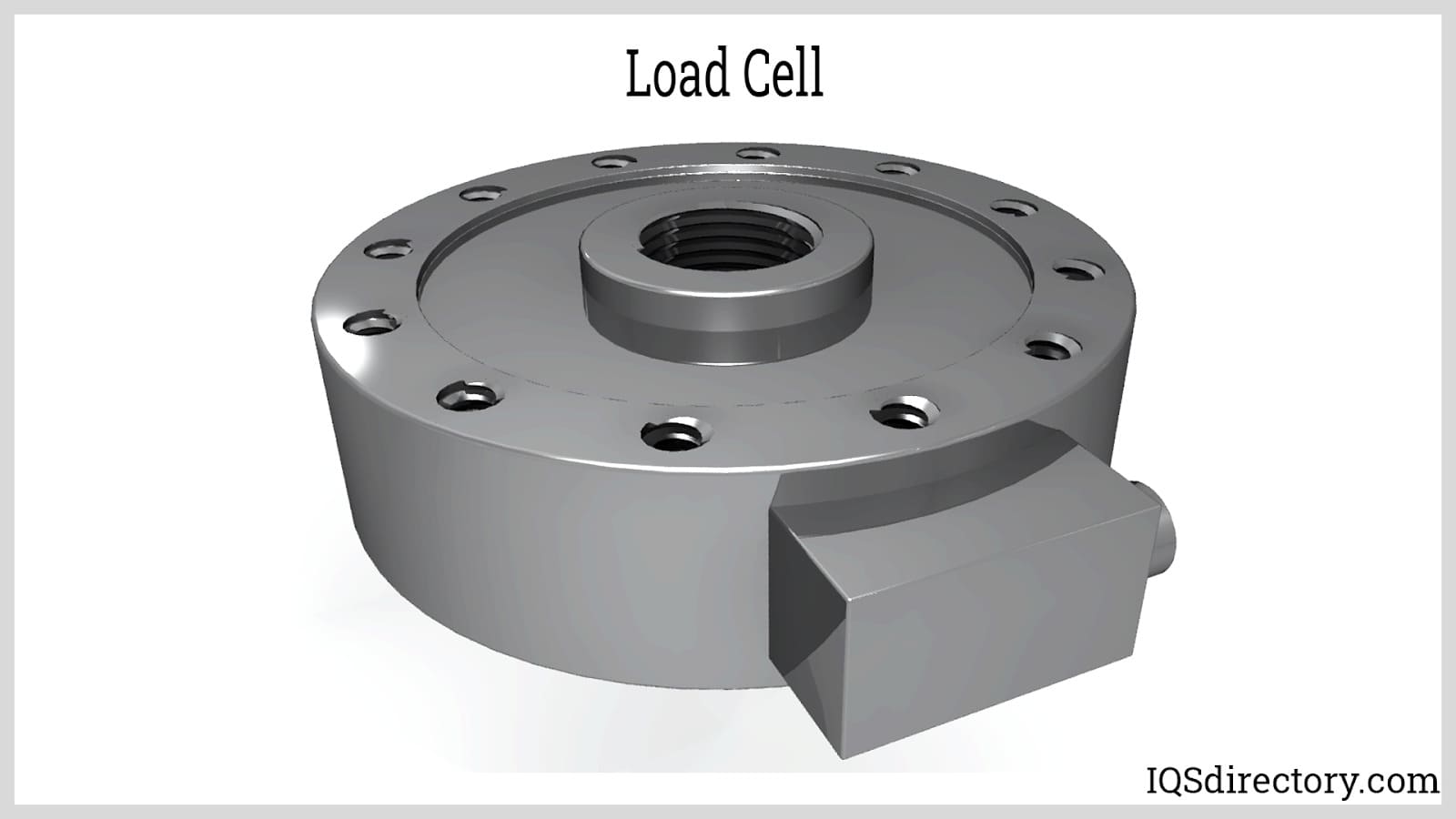
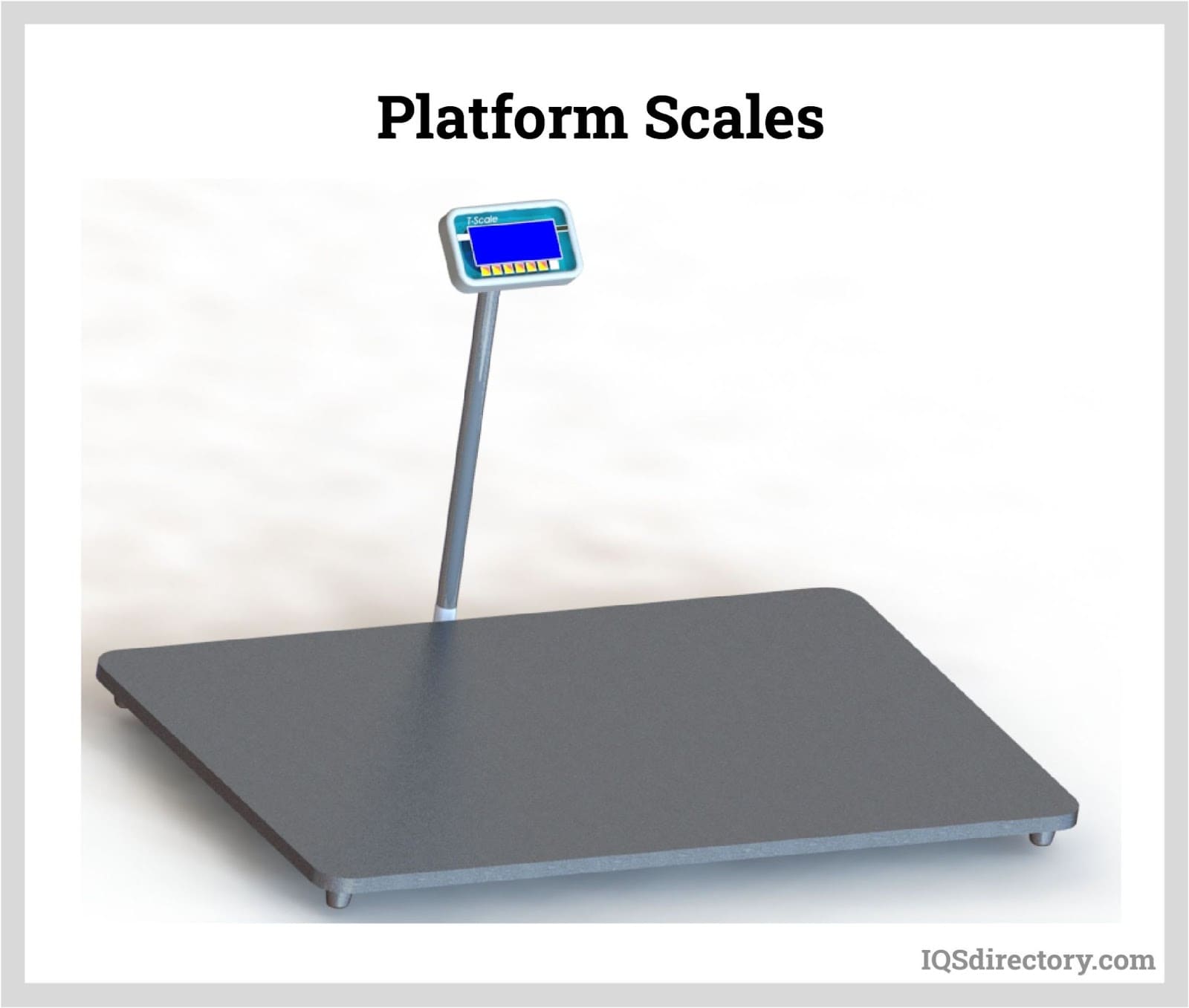
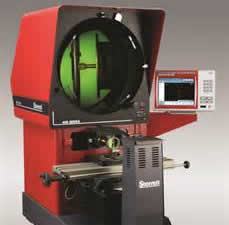 Calibration Services
Calibration Services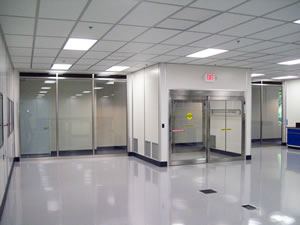 Clean Rooms
Clean Rooms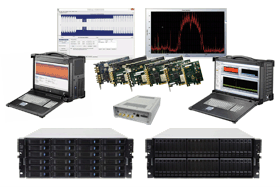 Data Acquisition Systems
Data Acquisition Systems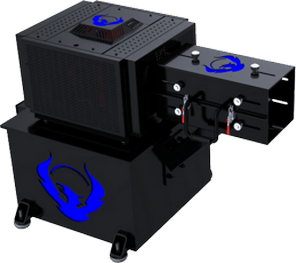 Dynamometers
Dynamometers Environmental Test Chamber
Environmental Test Chamber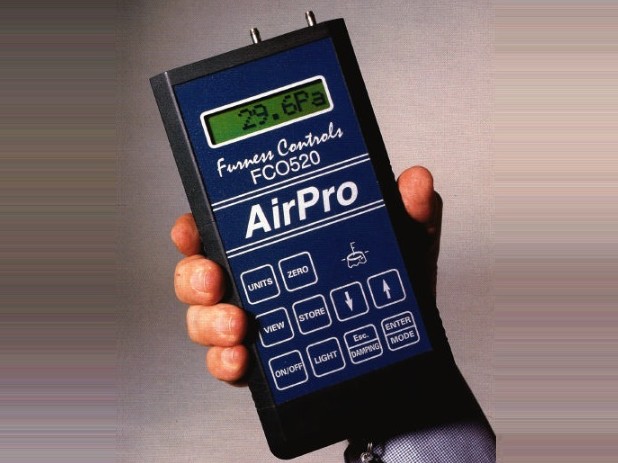 Leak Detectors
Leak Detectors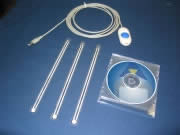 Load Cells
Load Cells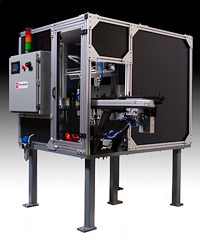 Machine Vision Systems
Machine Vision Systems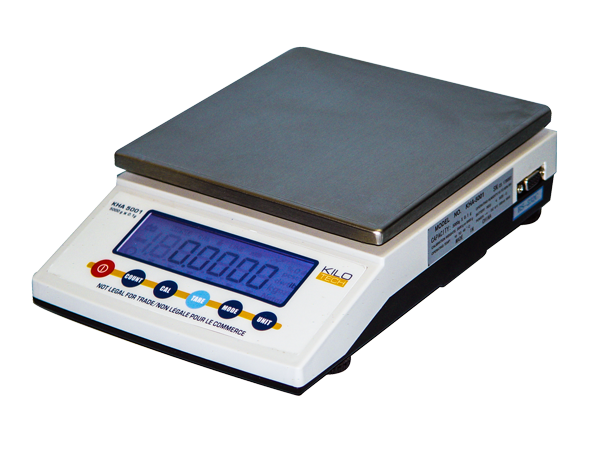 Scales
Scales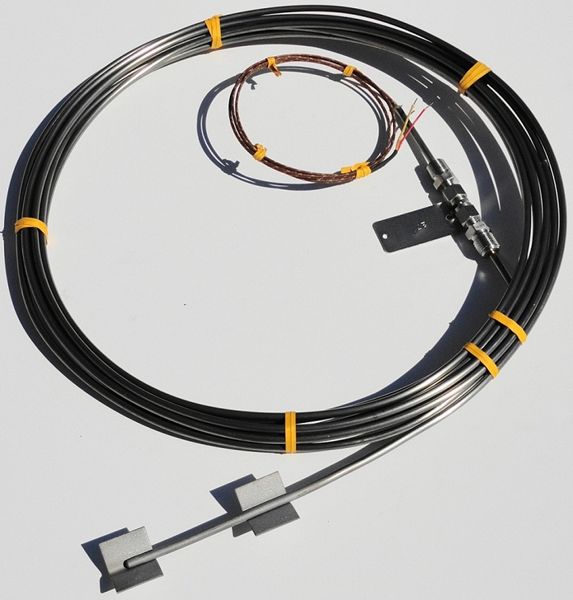 Thermocouples
Thermocouples Castings & Forgings
Castings & Forgings Bulk Material Handling
Bulk Material Handling Electrical & Electronic Components
Electrical & Electronic Components Flow Instrumentation
Flow Instrumentation Hardware
Hardware Material Handling Equipment
Material Handling Equipment Metal Cutting Services
Metal Cutting Services Metal Forming Services
Metal Forming Services Metal Suppliers
Metal Suppliers Motion Control Products
Motion Control Products Plant & Facility Equipment
Plant & Facility Equipment Plant & Facility Supplies
Plant & Facility Supplies Plastic Molding Processes
Plastic Molding Processes Pumps & Valves
Pumps & Valves Recycling Equipment
Recycling Equipment Rubber Products & Services
Rubber Products & Services